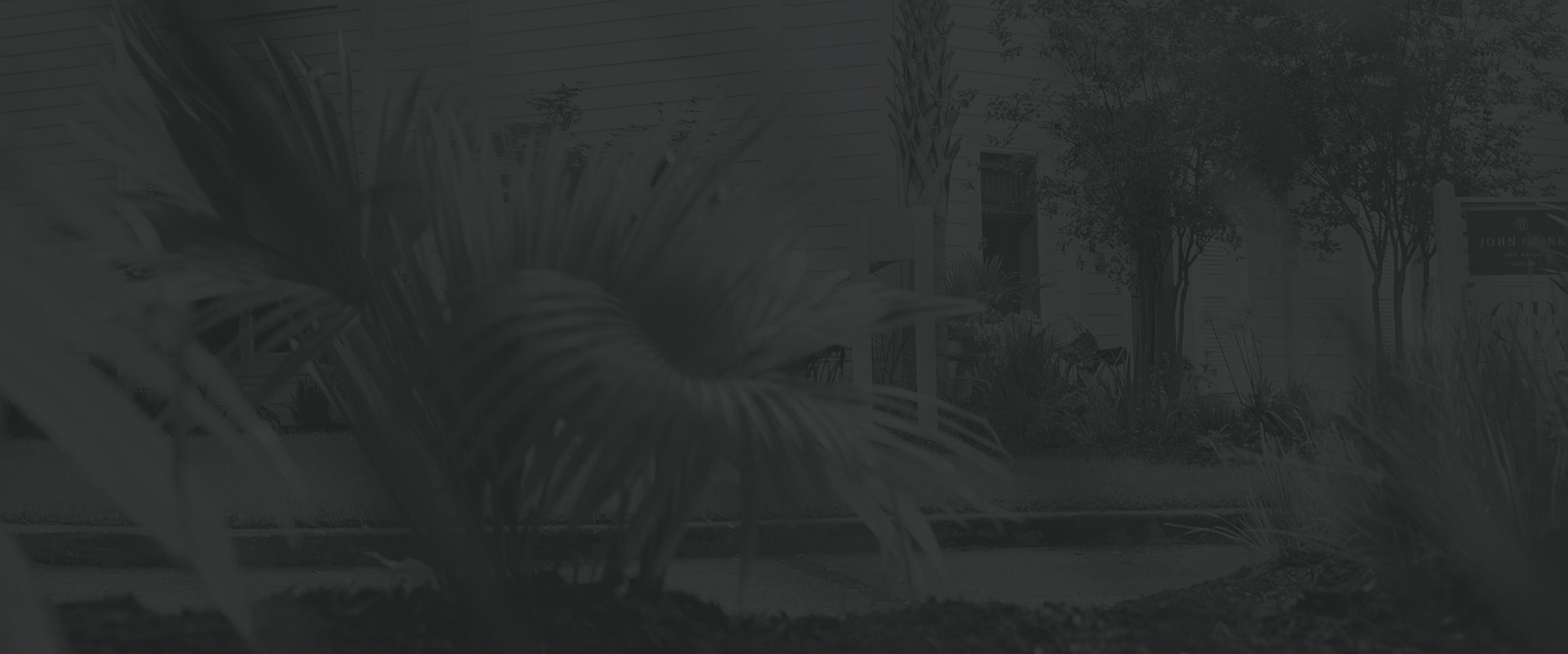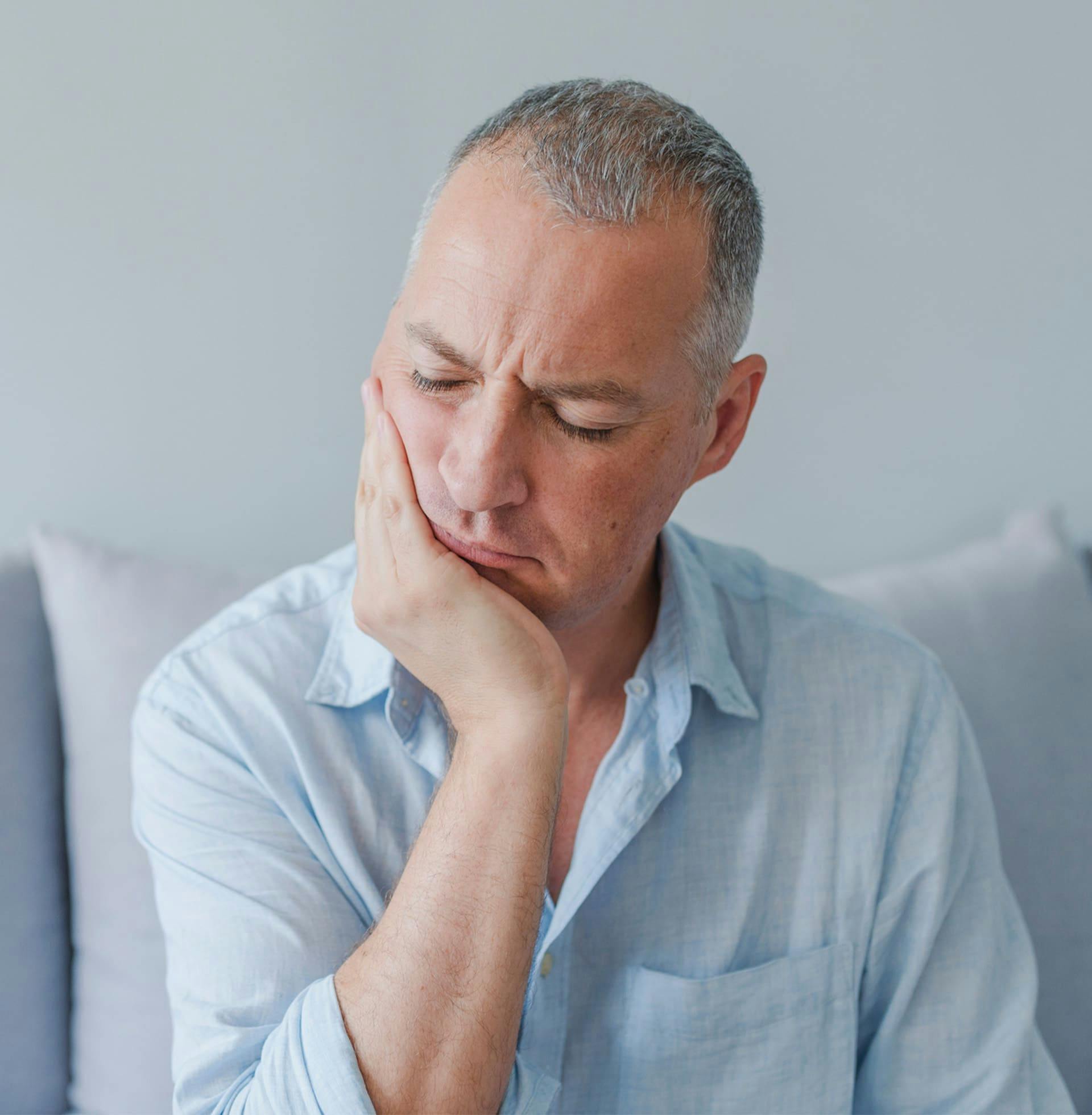Bruxism is a common condition that affects both adults and children. Also known as teeth grinding or clenching, bruxism is an involuntary condition linked to a variety of other concerns, including stress and misaligned teeth.
Understanding Bruxism
Bruxism refers to a condition in which individuals clench or grind their teeth while awake or asleep. In most cases, patients are unaware of clenching or grinding but may notice associated symptoms, such as:
- Tooth pain or sensitivity
- Pain or soreness in the jaw, neck, or face
- Earaches or ringing in the ears
- Sores on the insides of the cheeks or lips from biting
- Restricted jaw movement
- Dull headaches that start at the temples
- Clicking in the jaw joints
- Enlargement of the jaw muscles, called masseter hypertrophy
Your dentist may also notice wearing or damage to your teeth due to excessive pressure, such as cracks, chips, loose teeth, or flattening of the chewing surfaces. If you have a sleeping partner, they may hear clicking, grinding, gnashing, or other sounds that are indicative of bruxism.





